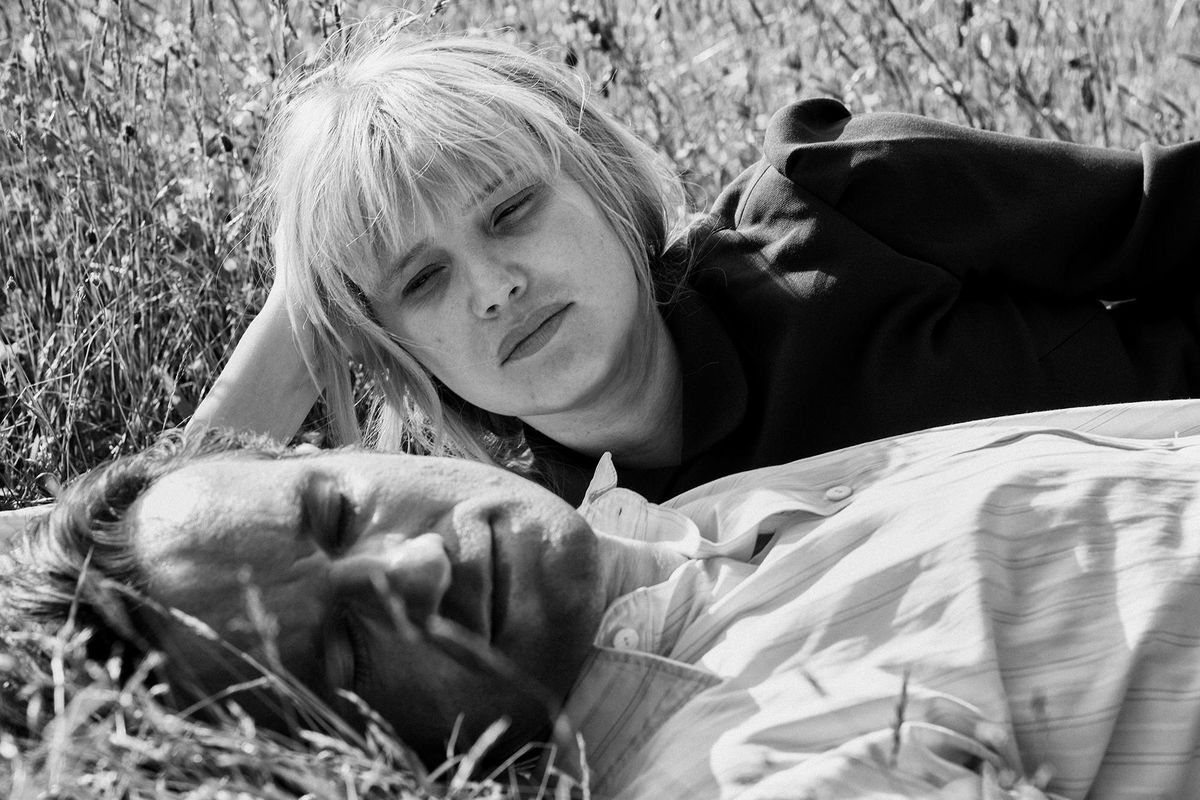Review: ‘Cold War’ is a near-perfect movie

“Cold War” is a near-perfect film, an artfully crafted, flawlessly acted meditation on love, memory and invented history that’s both deeply personal and politically attuned.
Written and directed by Pawel Pawlikowski, who has drawn on his own parents’ relationship for inspiration, this ode to erotic desire and sociological fate shimmers with a captivating, sensuous beauty that begins with two preternaturally charismatic lead actors and gains force with a visual and sound design every bit as sensual and alluring as the film’s magnetic human elements.
In post-World War II Poland, Wiktor (Tomasz Kot) travels with what seems to be a group of ethnomusicologists, discovering and recording folk singers, instrumentalists and dancers like so many Eastern European Alan Lomaxes. When the researchers happen upon a girl named Zula, it’s not her voice that grabs them but something else: her energy and spirit, Wiktor says, adding, “She’s original.”
For the lanky, laconic Wiktor, it’s the beginning of a love affair that will not only bring the couple together but also inevitably force them apart, as the era’s changes in art and culture play themselves out with equal parts pageantry and piercing intimacy.
As Wiktor and his cohorts scour Poland’s rural byways in their search for “peasant-style” authenticity, it becomes clear that their agenda has less to do with preservation than creating a usable collective narrative: They are recruiting for a school that will result in a stage show celebrating Poland’s most primitive, ritualized past as a means of regaining national pride and identity. Zula – played in a sensational breakout performance by Joanna Kulig – wins a prime role in a performance that’s initially orchestrated and choreographed as a nationalist set piece, but that soon proves useful in the larger project of Soviet propaganda.
On every level, “Cold War” becomes a parable in the stories we tell to ourselves and one another, their meaning, import and sometimes arbitrary values echoed in Wiktor and Zula’s turbulent psychodrama, which unfolds over 15 years. Eventually, choices will have to be made about what each individual believes, whether they stay or decide to defect. It’s those choices, and the responses to them, that give “Cold War” a creeping sense of suspense worthy of Hitchcock at his most chilling and crafty.
Pawlikowski tells Wiktor and Zula’s story epigrammatically, in brief vignettes that don’t necessarily dovetail seamlessly but that give viewers the information they need to fill in the blanks. At an all-too-brief 88 minutes, “Cold War” is the rare film that actually might have benefited from being longer.
As he did with his 2013 Oscar-winner “Ida,” which addressed similar themes, Pawlikowski films “Cold War” in velvety-looking black and white, the color scheme not only on point in terms of period, but also a gorgeous metaphor for a story suspended in the ambiguity of betrayal, dispossession, expediency and loss. A master of compositional precision, Pawlikowski makes the most of the squared-off, symmetrical frames he favors, vividly foregrounding his subjects against smoky, impressionistic backdrops to achieve an effect just as expressive and dimensional as 3-D.
Stunningly beautiful to look at, “Cold War” is just as gorgeous to listen to, its soundtrack of old-time Polish music, jazz and nascent rock ’n’ roll giving this sophisticated romantic parable verve, momentum and undeniable sex appeal. “Cold War” often feels like a callback to the past it explicitly excavates, including to cinematic movements like the French New Wave, in which Kulig, especially, would have been right at home. With her ripe, naturalistic beauty and face that can go from glamorous to bluntly plain with mercurial swiftness, she’s the perfect choice to channel a character whose motivations often seem rooted in nothing more than pure instinct.
As a commentary on the warping effects of totalitarianism, “Cold War” is an apt bookend to the comedy “The Death of Stalin.” Both films use their respective genres – a silky, cosmopolitan romance in one case, an uproarious satire in the other – to get at unspeakable tragedy. In Pawlikowski’s case, that means a chronic sense of dislocation that isn’t just geographical or political, but also existential.
“Cold War” doesn’t traffic in reassuring bromides about love conquering all. Who would be arrogant enough to suggest that love could conquer everything arrayed against Wiktor and Zula, including their own weakest impulses? Thanks to Kot and Kulig, these imperfect lovers turn out to be enormously sympathetic, even at their most fatally flawed. They bring unquenchable fire to “Cold War” and keep it at a compulsively watchable simmer.